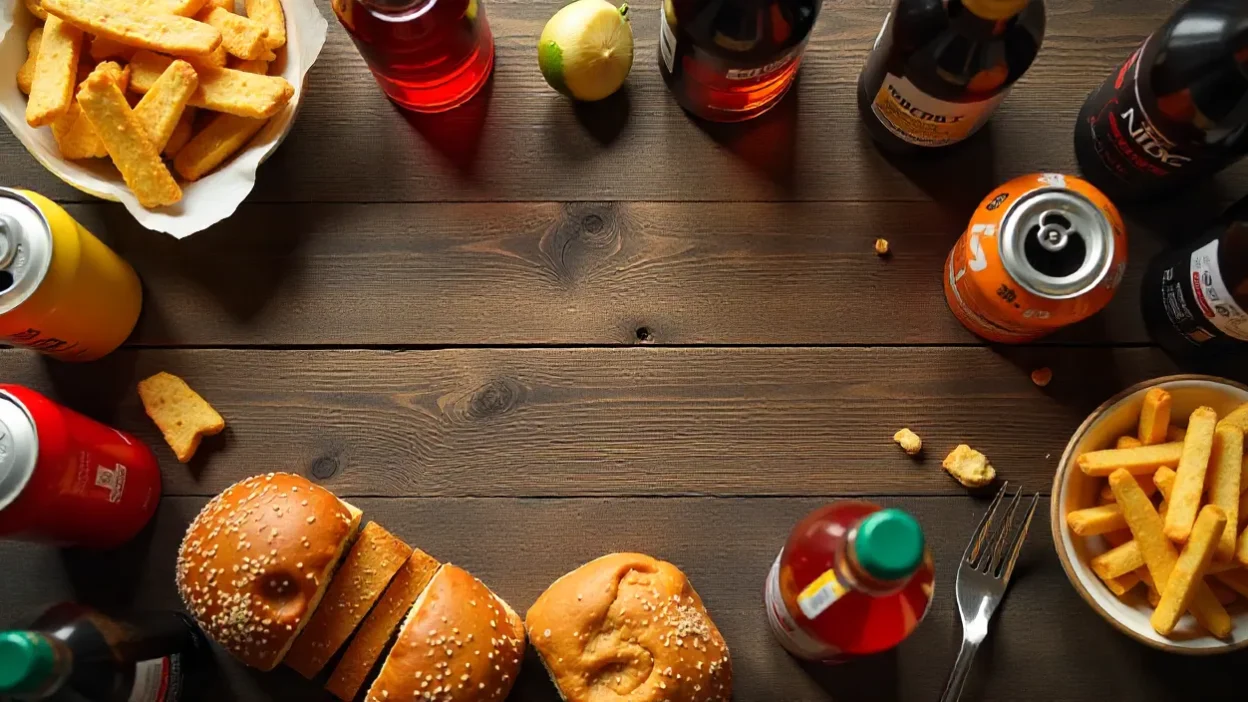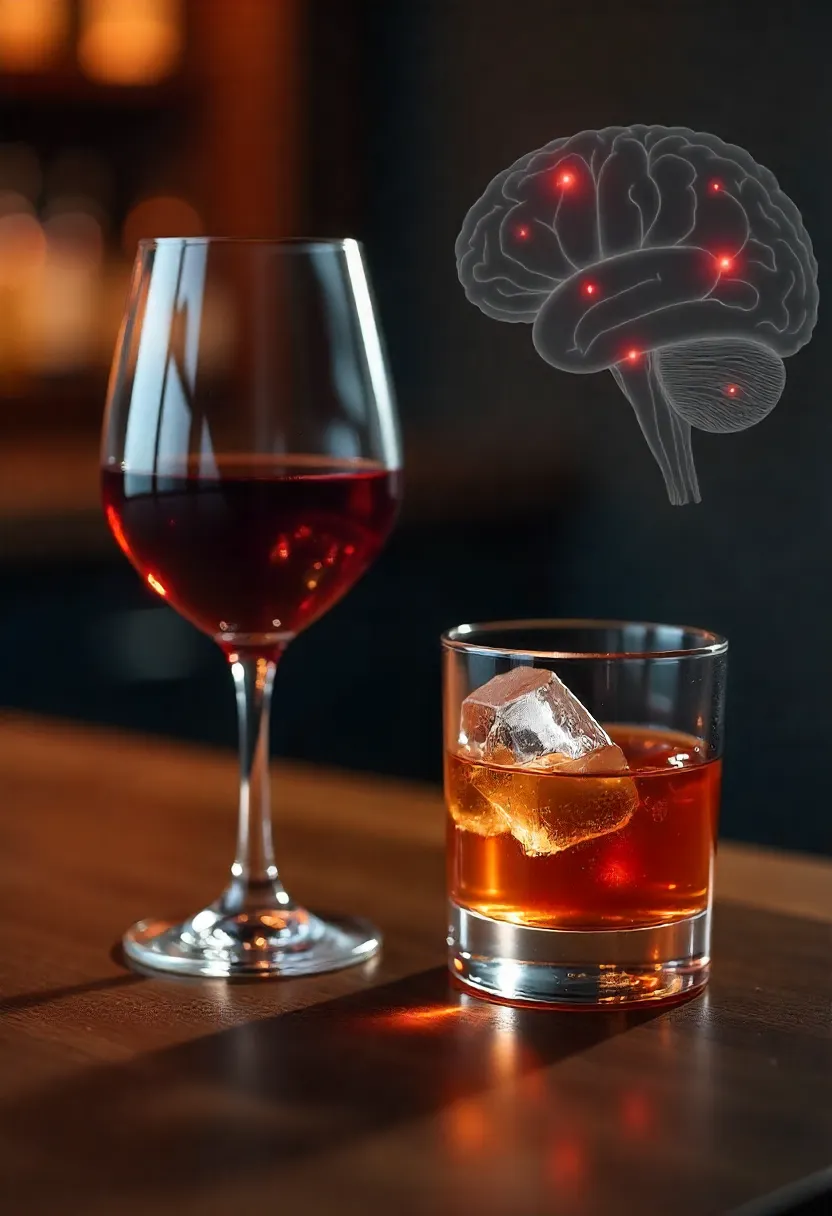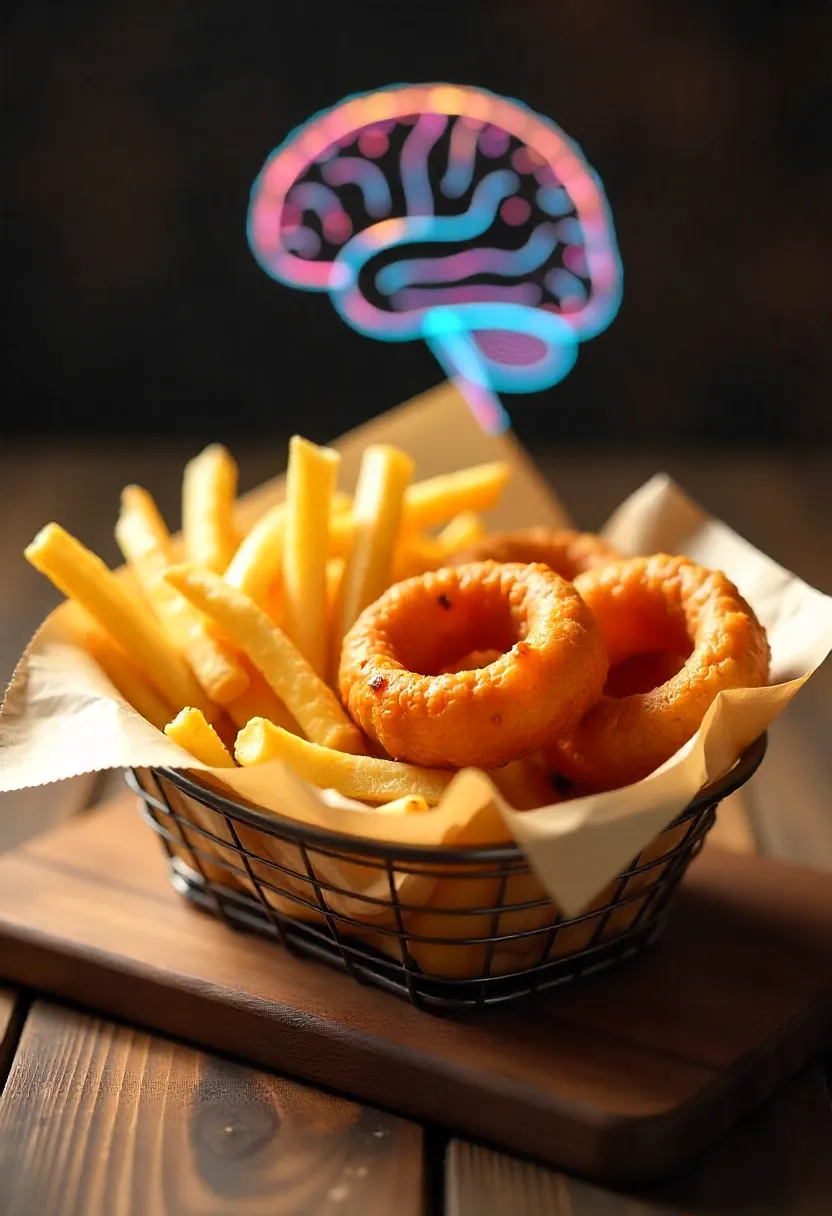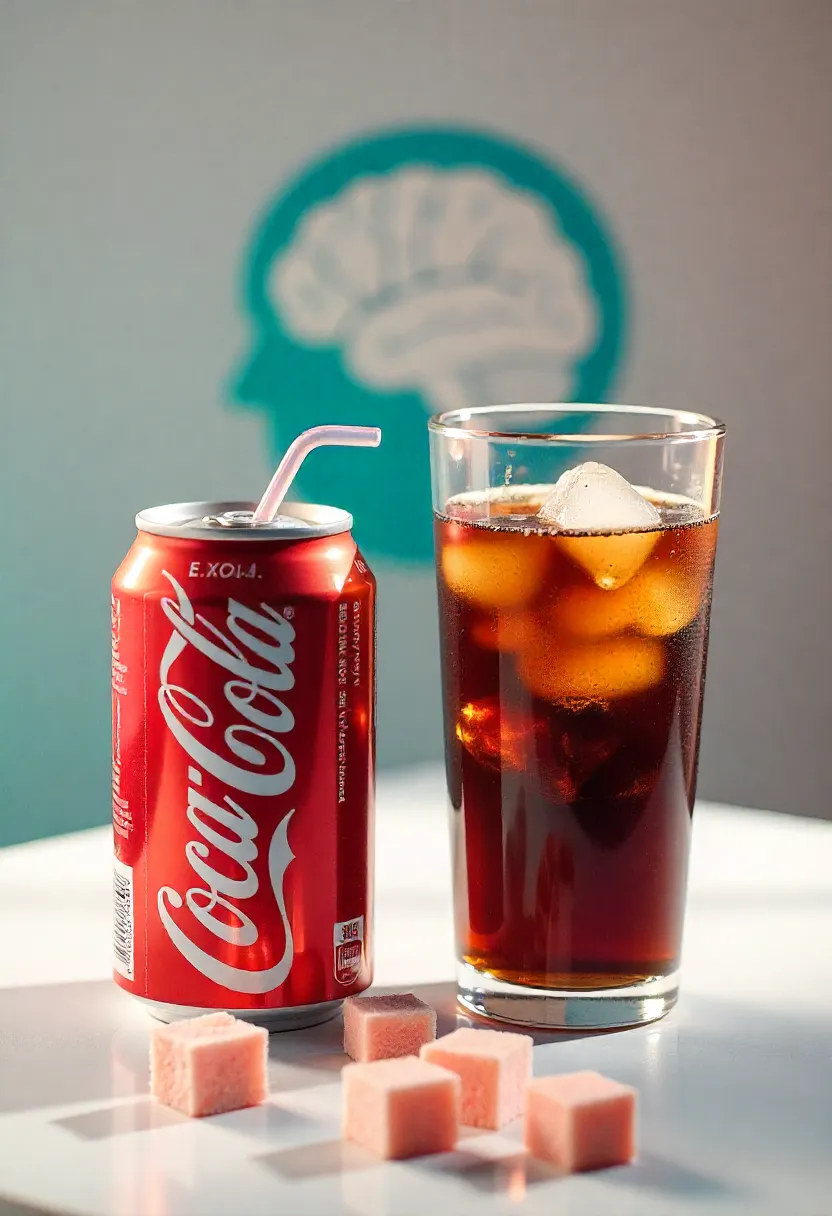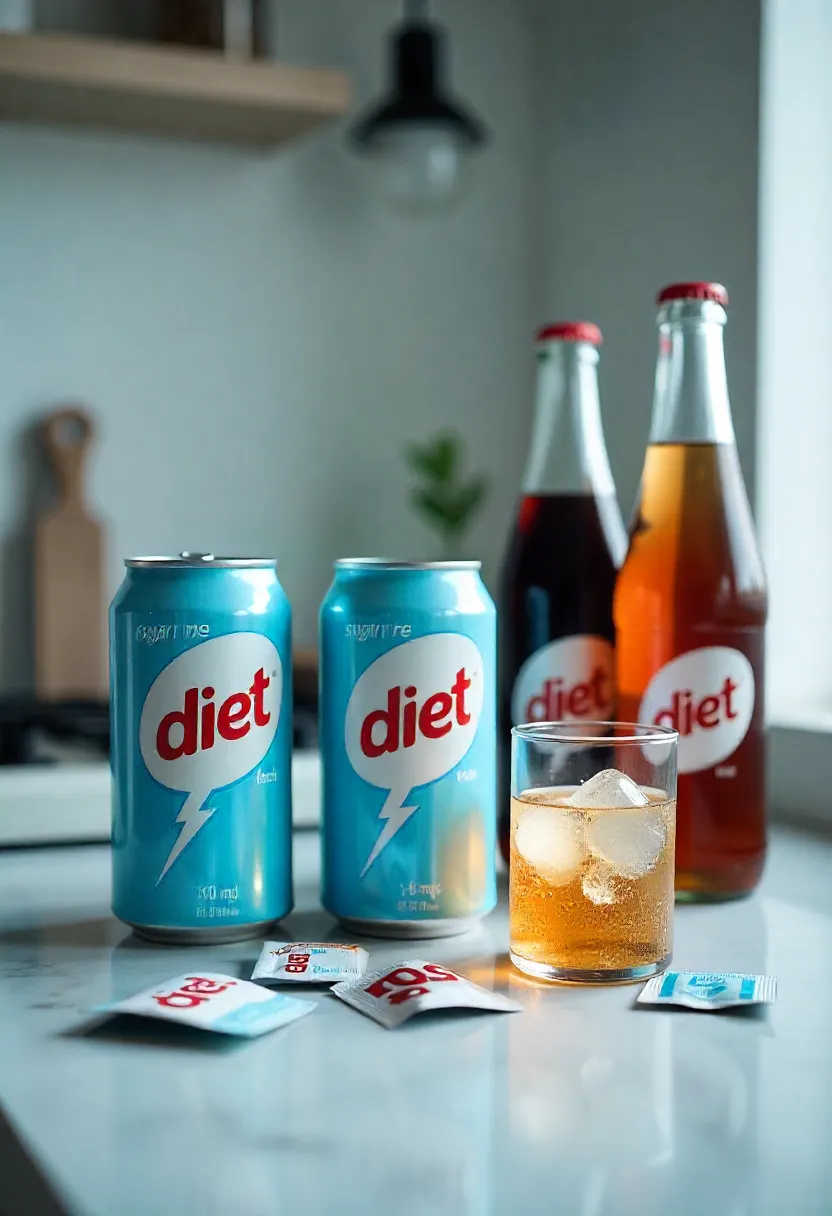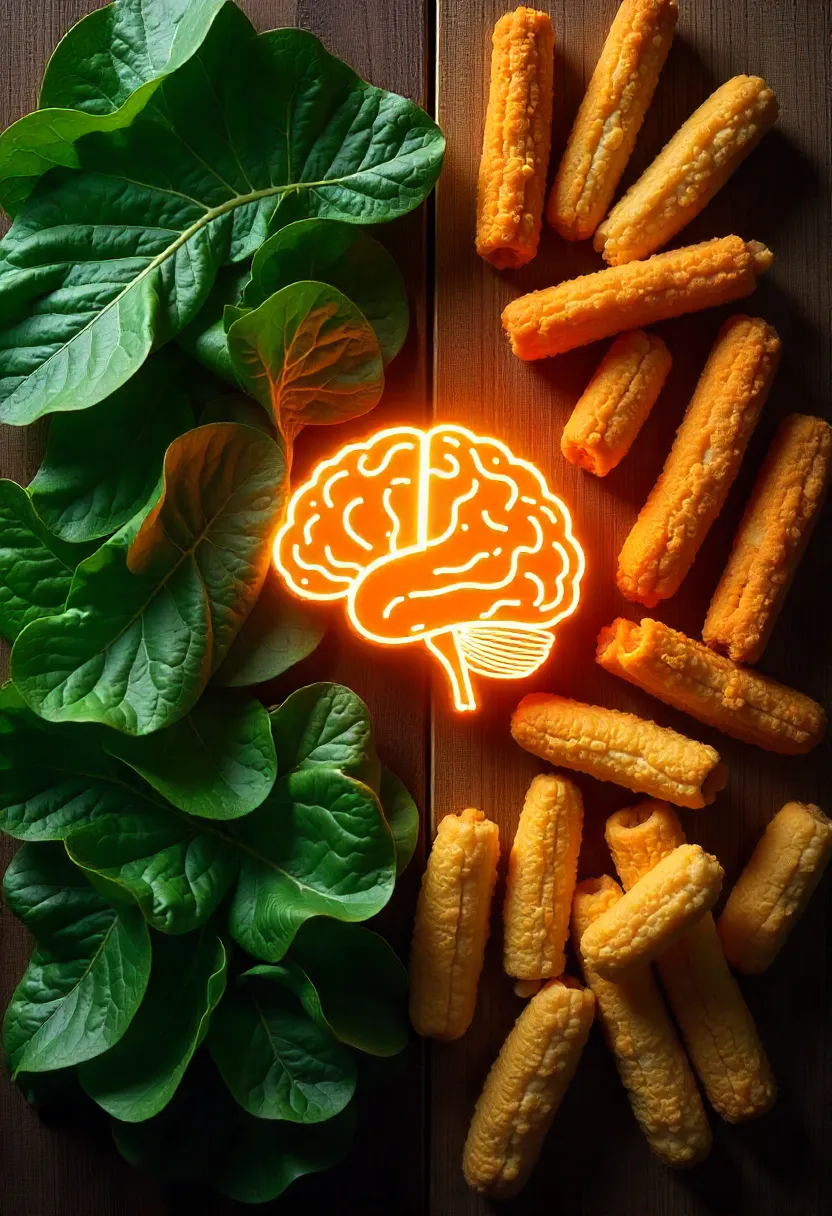When it comes to brain health, we often focus on what to add to our diets — blueberries for memory, salmon for omega-3s, walnuts for cognitive function. But just as important as fueling your brain with the right foods is knowing which ones might be slowing it down.
Some of the usual suspects are everyday favorites — think greasy garlic fries, sugar-loaded lattes, or highly processed snacks that taste amazing in the moment but can leave your brain foggy later. Research suggests that diets high in refined sugar, trans fats, and heavily processed foods are linked to poorer memory, reduced focus, and even long-term cognitive decline.
This doesn’t mean you need to cut them out forever (because who’s saying no to fries once in a while?). Instead, it’s about balance and awareness. By learning which foods to limit and why, you can make smarter swaps, keep your brain sharp, and still enjoy your favorite treats — just in moderation.
🍷 Booze
A glass of wine at dinner or a cocktail with friends may feel harmless — and in moderation, it can be. But when alcohol becomes a regular guest at the table, it can take a serious toll on your brain. The issue goes far beyond those fuzzy hangover memories after a big night out.
A 2014 study found that men who drank more frequently experienced faster rates of cognitive decline. Another 2017 study revealed that higher alcohol consumption was linked to greater drops in vocabulary and an increase in overall cognitive impairment as the years went on. In other words, heavy drinking doesn’t just give you brain fog in the morning — it may be clouding your mental sharpness long term.
Alcohol also affects the brain indirectly. It can disrupt sleep, deplete essential nutrients like B vitamins, and increase inflammation, all of which play key roles in memory and focus. Over time, this combination can accelerate decline and increase the risk of dementia.
👉 The good news? You don’t have to quit completely. Try diluting wine with seltzer for a refreshing spritzer, building in more alcohol-free days during the week, or stepping up as the designated driver more often. Your brain (and liver) will thank you.
🍟 Fried Snacks
Crispy, salty, and oh-so-satisfying — fried snacks are the kind of comfort food that’s hard to resist. But when it comes to brain health, they’re one of the biggest offenders. The culprit? Trans fats. These artificial fats are created through a process called hydrogenation, which makes oils more stable and gives fried and packaged foods that irresistible crunch. Unfortunately, they wreak havoc on more than just your waistline.
A 2016 study linked trans fats to an increased risk of Alzheimer’s disease and faster cognitive decline, while a 2014 review tied them to dementia and other brain-related disorders. In short, eating fried snacks on the regular may do more harm to your long-term brain function than you realize.
And here’s the tricky part: even if a label claims “0 grams of trans fat” or “trans fat free,” it doesn’t always mean the product is free of them. In many countries, manufacturers can round down anything under 0.5 grams per serving. That means if you’re eating more than one serving (which, let’s be honest, is easy to do with chips or fries), you’re still consuming them.
👉 Pro tip: Check the ingredient list instead of the claims on the front. If you see “partially hydrogenated oils”, it’s best to skip it. For brain-friendly snacking, try roasted chickpeas, air-popped popcorn, or homemade veggie chips instead — they’ll still give you the crunch without the cognitive cost.
🥤 Soda
That fizzy sweetness might be refreshing in the moment, but soda is one of the sneakiest brain drainers in your diet. The average American drinks about 38 gallons of soda each year — that’s enough to fill a bathtub. While most people know it’s not exactly health food, fewer realize just how much it can affect the brain.
A 2017 study found that drinking just one to two sugary beverages a day — and yes, that includes “natural” fruit juice — was linked to an extra 1.6 years of brain aging. Even more concerning, regular soda drinkers were shown to have poorer memory and smaller overall brain volume compared to those who skipped the sugary fizz. Over time, this can add up to reduced cognitive function and higher risks of decline.
And it’s not just about the sugar. Soda spikes blood glucose and insulin levels, which over the long haul can strain your brain cells and increase inflammation — both of which may interfere with memory and learning.
👉 If you’re hooked on soda for the caffeine boost, try swapping it for a healthier pick-me-up: coffee, green tea, or even sparkling water with a splash of citrus. You’ll still get the energy and bubbles, minus the brain-aging side effects.
🥤 Diet Soda
You’d think skipping the sugar would make soda a safer choice — but unfortunately, the “diet” label doesn’t give your brain a free pass. While these artificially sweetened drinks cut down on calories, the science suggests they may introduce risks of their own.
A 2017 study found that people who drank at least one diet soda per day were nearly three times more likely to develop Alzheimer’s disease. The same research also linked artificially sweetened beverages to a higher risk of ischemic stroke and all-cause dementia. While researchers are still piecing together the “why,” the potential connection is enough to raise some red flags.
Artificial sweeteners may disrupt the brain–gut connection, interfere with how your body regulates blood sugar, and even alter brain chemistry over time. The result? A fizzy drink that might not be as harmless as it seems.
👉 If you’re a loyal diet soda fan, don’t panic. Instead, start by cutting back gradually. Swap one can a day for sparkling water with a squeeze of lemon, lime, or fresh fruit juice. You’ll keep the bubbles you love, without the baggage that could weigh down your brain health in the long run.
🧠 The Takeaway
When it comes to brain health, what you don’t eat can be just as important as what you do. Fried snacks, sugary drinks, diet soda, and too much booze might taste good in the moment, but research shows they can speed up brain aging, impair memory, and increase the risk of long-term cognitive decline.
The key isn’t cutting everything out forever — it’s about balance and awareness. Enjoying fries or a glass of wine once in a while is perfectly fine, but making them a habit could cost you your focus, memory, and clarity down the line.
👉 By limiting brain-draining foods and swapping them for nutrient-rich alternatives — like whole grains, berries, fish, nuts, and leafy greens — you’re giving your noggin the best chance to stay sharp well into the future.
Your brain is your body’s command center. Treat it right, and it will treat you right back. 🧠✨

